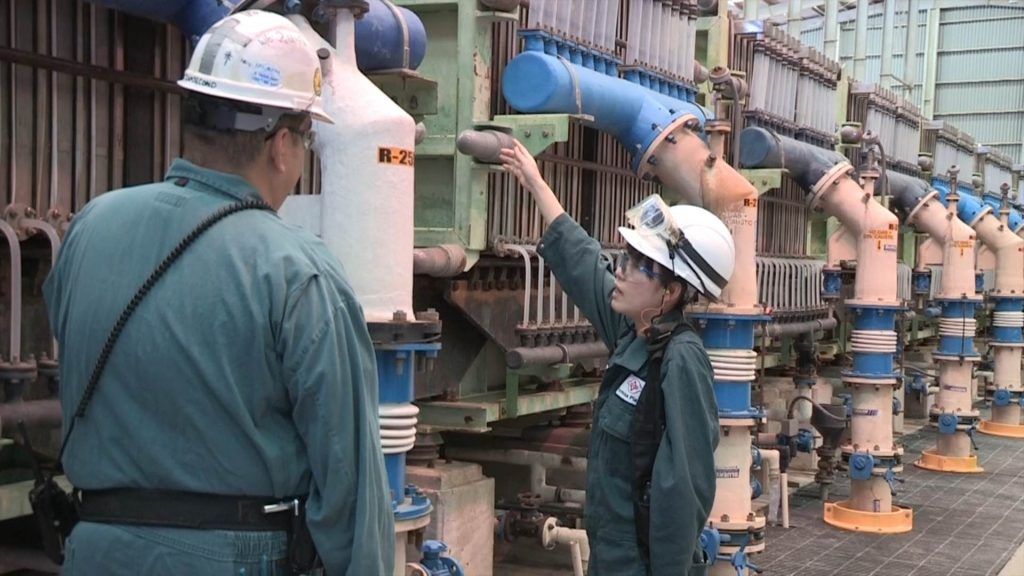Orbia lowered its market share in caustic soda in Mexico, from 38% in 2019 to 36% in 2020, according to data released by the company itself.
Through its subsidiary Vestolit GmbH, Orbia obtained these results.
Vestolit is a producer of chlorine, caustic soda and high impact suspension PVC resin (HIS-PVC) and paste PVC resin.
Among the company’s main competitors in Mexico are Cydsa and ROTH.
At the same time, in the entire North American region, Orbia maintained its same market share of 2 percent in 2020.
Among the companies with which it competes regionally are: Olin, Oxy, Westlake, Shintec, Formosa Plastics, Covestro and Cydsa.
In sum, the total capacity in the North American caustic market is 16.2 million metric tons.
Orbia
Caustic soda has a myriad of applications and among the main ones are:
- Production of oils, soaps and detergents.
- Regeneration of ion exchange resins for water treatment.
- Glass bottle washing.
- Cellulose bleaching in the pulp and paper industry.
- Production of refined sugar.
- Cotton fabric dyeing.
- Production of agrochemicals.
- Manufacture of grenadines and jellies.
- Cleaning products in general.
Specifically in Mexico, Orbia has plants for the Sal-Chloro-Sosa process. Chlorine, caustic soda, salt, hydrochloric acid and sodium hypochlorite are produced there.
On the other hand, in Colombia, the company produces sodium hypochlorite, and in Germany, it mainly manufactures chlorine, caustic soda and VCM.
In addition, Orbia has plants that produce industrial and food phosphates.
Also, in a 50/50 joint investment with Oxychem, the company produces ethylene in a cracker located in Ingleside, Texas, in the United States.
In Europe, caustic soda is produced and consumed locally due to the high cost of transportation and storage.
The market is highly fragmented, with local producers competing in specific geographic markets.
Orbia competes with integrated producers of caustic soda production such as Nourvon, Covestro and Dow Chemicals.
![]()

